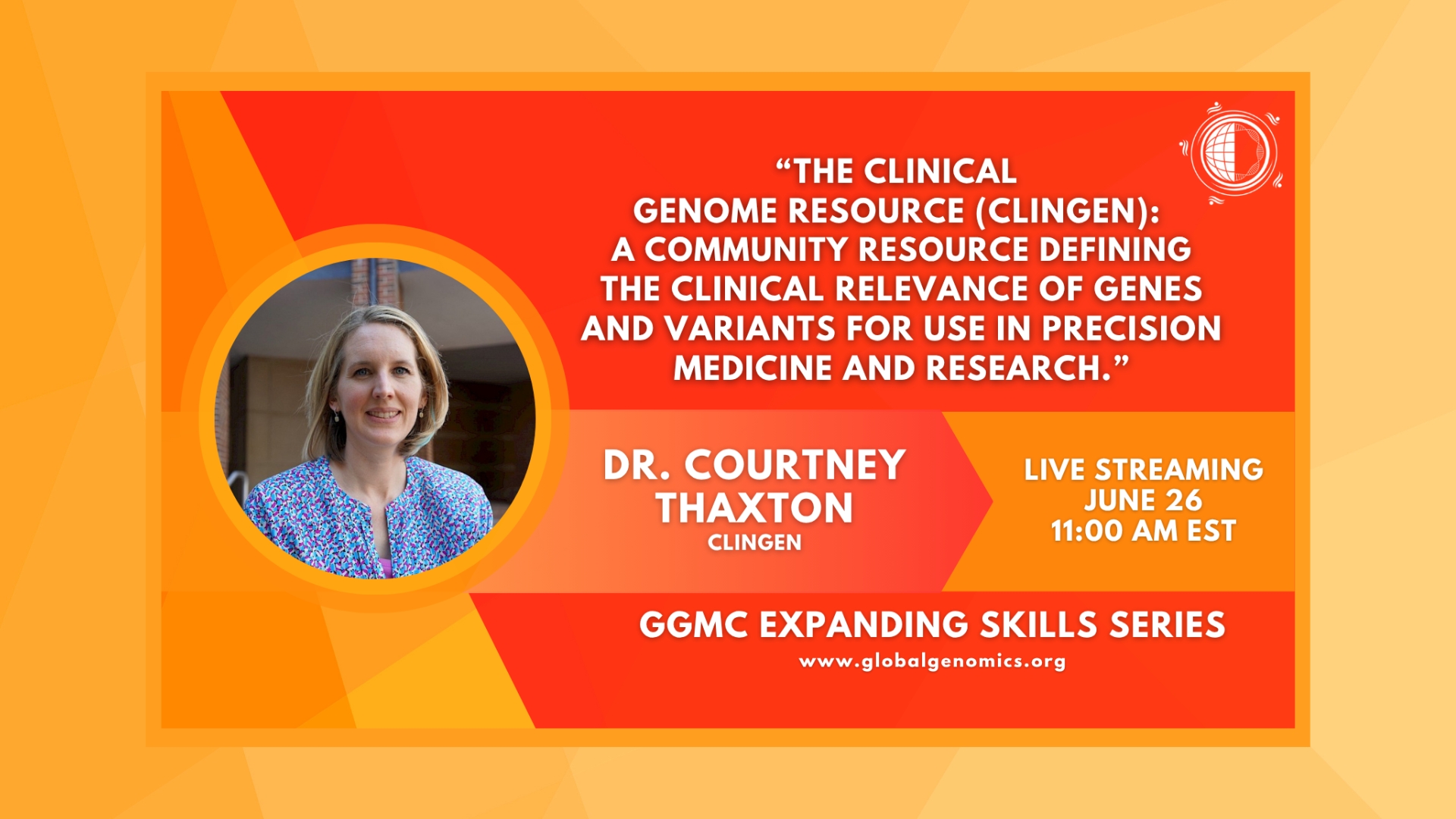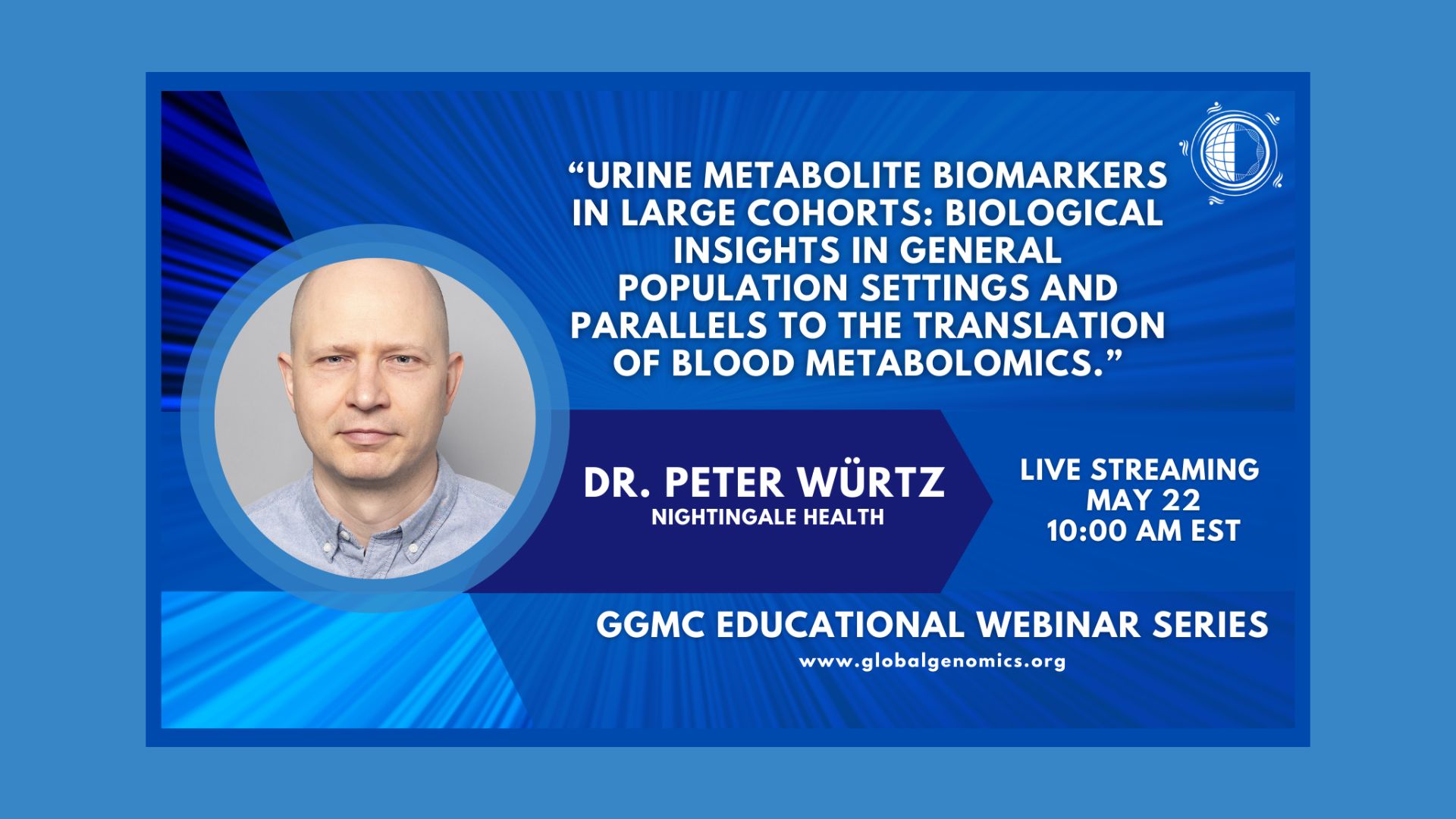Pharmacogenomics (PGx) aims to reduce the ‘trial and error’ prescribing, leading to more efficacious, safer and cost-effective drug therapies. One of the most prominent applications is in cardiovascular diseases medications including anticoagulants (e.g. coumarins) and antiplatelets (e.g. clopidogrel, prasugrel) as well as drugs to treat hypercholesterolemia (e.g. statins) and antiarrhythmic and antihypertensive drugs. Indeed, in recent years a number of scientific studies have shown that genetic variation in genes encoding drug transporters and drug metabolic enzymes affect drug disposition leading to under-dosing or overdosing in affected individuals.
In 2020, the Em-HEART project was awarded to the United Arab Emirates University, a 4-year project, aiming to address the major challenges and obstacles for the implementation of point-of-care pharmacogenomics testing in patient care in the United Arab Emirates (UAE).
Cardiovascular diseases are the number one killer in UAE and the project, co-led by George P. Patrinos (Department of Pathology, College of Medicine and Health Sciences), also a partner of the U-PGx project and co-chair of G2MC, is therefore focusing on cardiology by genotyping a panel of important pharmacogenomics biomarkers for which there are strong evidence and/or established guidelines. The project will assess the effect of PGx-based personalised medicine on health outcomes, economics (coordinated by the Golden Helix Foundation and Dr Christina Mitropoulou, also member of the Executive Committee of the U-PGx project) as well as the social impact (education, opinions of health care professionals and patients) in individuals but also the impact at the level of the UAE health care systems as a whole.
The expected outcomes of this project that was officially launched last month will not only show that this PGx approach is feasible in clinical practice but is also cost-effective, hence resulting in a better outcome for the patients.






